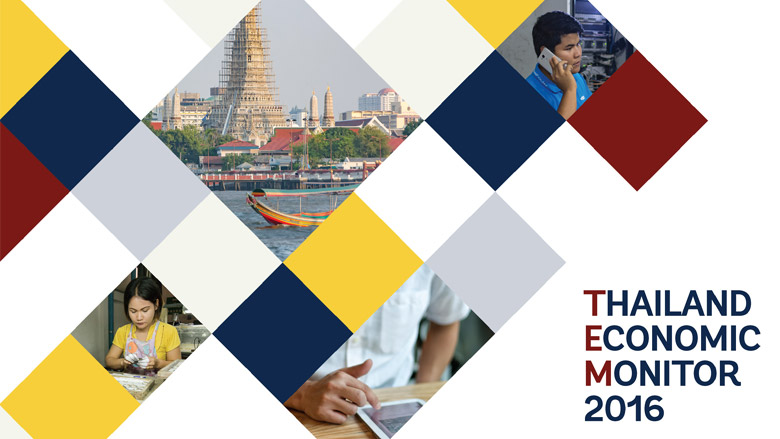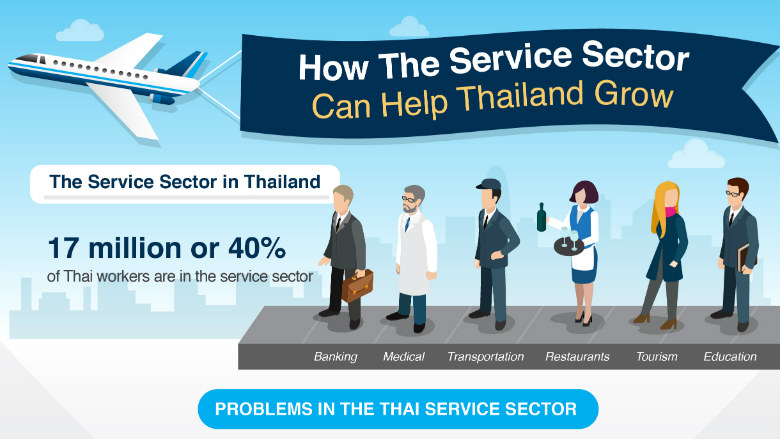Thailand’s economy is projected to be 3.1% in 2016 and 3.2% in 2017, compared to 2.8% last year.
- Recovering private consumption and public spending are key drivers of growth in 2016.
- Tourism received a boost with tourist arrivals increasing by 13.1%, mostly from China.
- Agriculture rebounded and turned positive at 0.9% after recovering from a long and severe drought.
- Successful implementation of large public infrastructure projects (dual track rail and rail upgrading nationwide) in 2017 would help crowd in private investment and contribute to a more positive outlook.
- Temporary slowdown and postponement of economic activities during the period of mourning after the passing of His Majesty the King is offset by holiday tax breaks on shopping and domestic tourism at the end of the year.
- Thailand faces headwinds from uncertain economic prospects in the euro area following Brexit and U.S. elections.
- The government’s continued commitment to implementing structural reforms is critical to raising the long-term growth path beyond 4%.
The service sector can serve as a new driver of growth to help Thailand achieve high income status and create new job opportunities.
- The service sector employs as many as 40% of the work force and produces 50% of GDP. In comparison, the manufacturing sector employs only 15% of the work force and produces as much as 35% of GDP.
- The service sector lags behind manufacturing productivity by 30%.
- Thailand has a more restricted service market than ASEAN peers and other regions. Some services are also more protected from foreign and domestic competition, in particular professional services and those provided by many state enterprises.
- Thailand has considerable potential to strengthen services, increase productivity and innovations in services if it can provide a supportive regulatory environment for doing business, greater competition, and deeper trade integration through implementation of ASEAN Economic Community commitments and free trade agreements.


